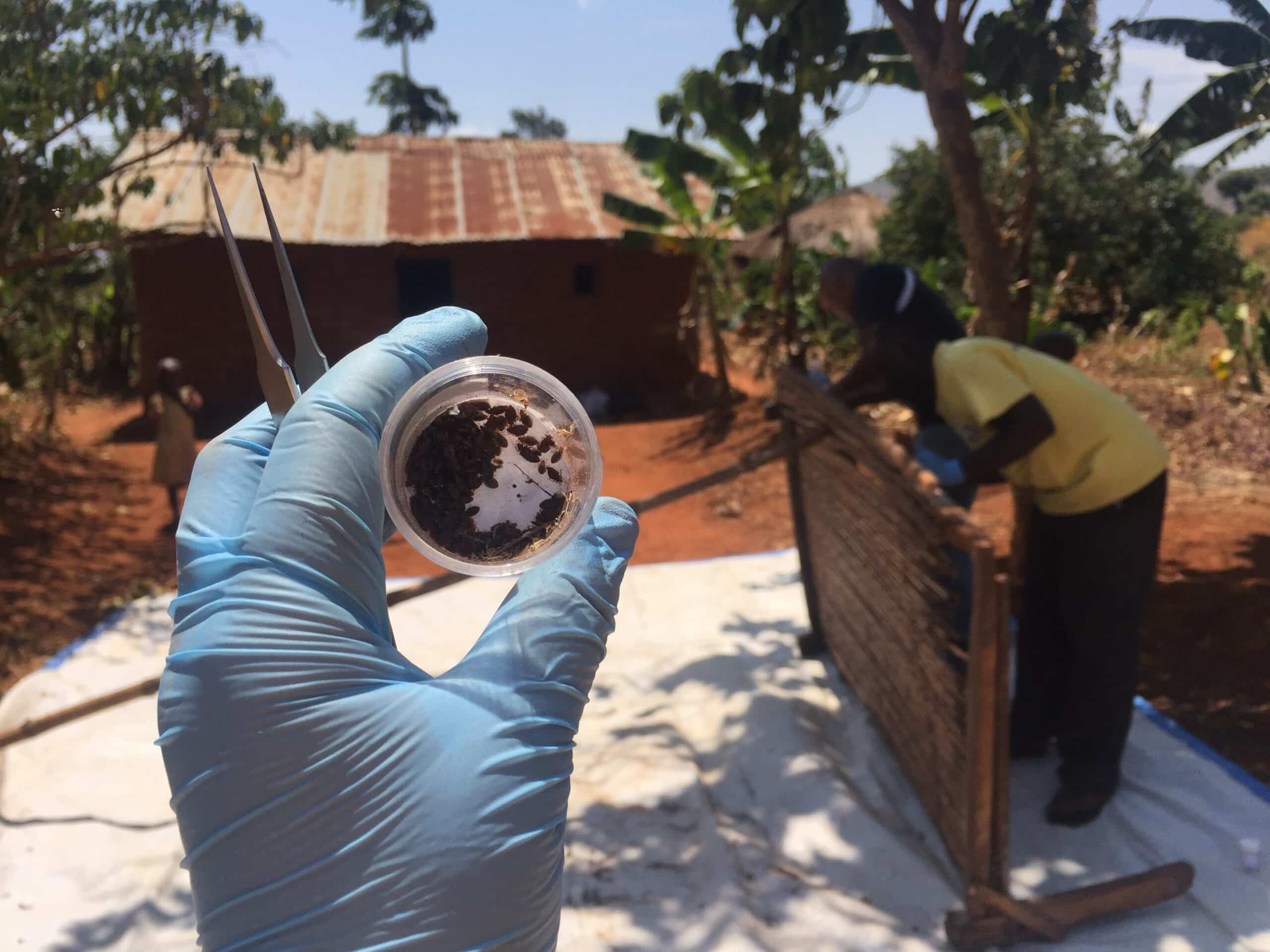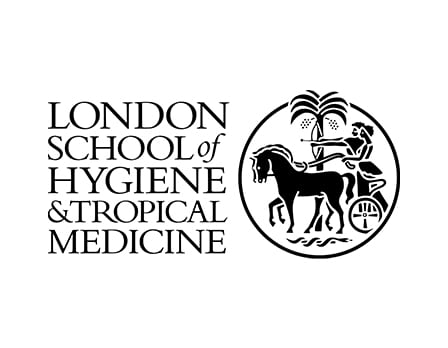At the London School of Hygiene & Tropical Medicine (LSHTM), students are preparing for careers in change-making — specifically, by specialising in what the United Nations describes as the “defining task of the 21st century”: Making peace with nature by combatting climate change.
LSHTM graduate Dr. Elaine Flores understands the importance of this mission. “The use and exploitation of earth’s resources by human societies have deeply impacted the natural systems that we depend on to survive and thrive,” she says.
“Planetary health aims to assess the transdisciplinary relations between human health and environmental exposures, being the temperature and humidity conditions, biological agents, or chemical factors, while addressing the influence and consequences of the disruption to these natural systems.”
To pioneer a new public health focus, LSHTM focuses on six challenges of the future on our changing planet. Each delivers a targeted approach to embracing new ideas, technologies and methodologies. Take the “predict, prevent, prepare” philosophy, for example, which takes bold action to combat multiple, dynamic and interacting threats from climate change, disease, and mass migration. So far, it has modelled the changing threat from malaria and dengue fever in response to our changing climate.
It’s clear that when it comes to planetary health, LSHTM knows what it’s doing. To produce confident graduates capable of delivering world-changing discoveries beyond campus, the School developed the MSc Climate Change & Planetary Health. This programme is one of the first of its kind, designed to teach students the art of applying the concepts of planetary health, global environmental change and sustainable development to inform and advocate for a planetary health perspective in global public health.
The task at hand is far from simple, which is why the programme draws from various disciplines, such as epidemiology, biostatistics, social and behavioural sciences, and data science — each of which is becoming increasingly topical across several industries.
“The MSc will train a new generation of interdisciplinary experts that wish to work in planetary health research, policy and/or practice,” explains Dr Sarah Whitmee . “It would be an excellent programme for those who wish to better understand planetary health processes and address the challenges posed in this emerging field. It will equip them with all the necessary tools to make valuable contributions to planetary health and sustainable development in low-, middle- and high-income settings and promote solutions from a planetary health perspective.”

The MSc on Climate Change & Planetary Health offers insights from various disciplines and provides an overview of evidence to inform policy and practice. Source: London School of Hygiene & Tropical Medicine
Meanwhile, the flagship MSc Public Health (Environment and Health Stream) provides multidisciplinary training to those keen on researching the relationships between health and the environment. Students can expect to apply the knowledge of core public health disciplines such as statistics, epidemiology, health economics, and social research to real health problems.
A good example of LSHTM’s experience in this area is the InterAcademy Partnership (IAP), which is co-chaired by Sir Andy Haines, Professor of Environmental Change and Public Health. This three-year project produces global-scale, science-based analysis and recommendations aimed at tackling climate change.
IAP’s new report, “Health in the climate emergency — a global perspective”, examines how the climate crisis affects health worldwide, as well as climate mitigation and adaptation actions that could bring significant improvements to health and health equity. The report calls for urgent action to build climate-health resilience and limit future risks.
“The need for urgent action is clear, but greenhouse gas emissions are still growing. Increasing the appetite for deep cuts in emissions is essential to reduce the risks to health from climate change and will also bring near-term benefits to health.”
LSHTM’s ability to produce world-changers is evident through its outstanding alumni network, which includes Dr. Tedros Adhanom Ghebreyesus, Director-General of the World Health Organization and Professor Chris Whitty, Chief Medical Officer for England, the UK government’s Chief Medical Adviser and head of the public health profession.
To follow in their footsteps, learn more about LSHTM here.











